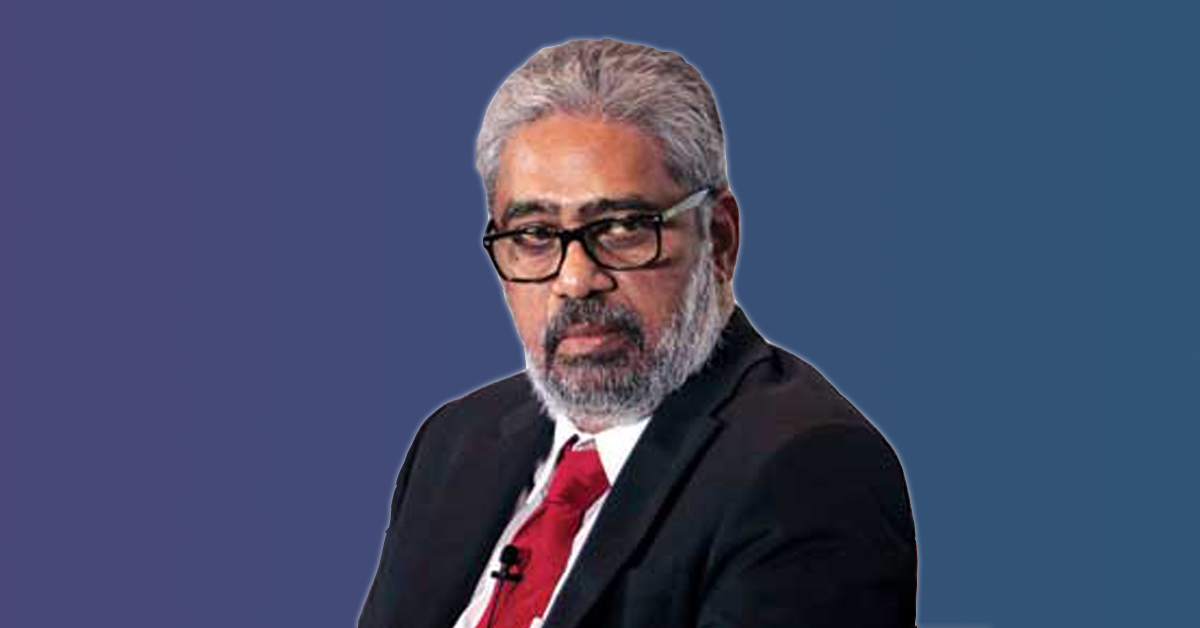As the world’s business elite, political leaders and the chatterati show up at the annual Davos conclave in the Swiss Alps this week, the talk is about “Stakeholder Capitalism”. With reference to Devos conclave C. Raja Mohan* has written a write-up that throws light on the inter-relation of politics and capitalism. Sikh Siyasat News (SSN) has taken out certain excerpts from the write-up that are being reproduced below. Please do check source credit and link to the full article at the end of the following excerpts.
EXCERPTS FROM THE ARTICLE:-
New Version of Capitalism:
Klaus Schwab, who founded the World Economic Forum 50 years ago, wants capitalists to look beyond their shareholders and consider the interests of all the stakeholders. Some hope that the debate on stakeholder capitalism is a long overdue recognition of the capitalist excesses of recent decades.
Critique of Stakeholder Capitalism:
Sceptics, however, dismiss this as a gimmick. “Stakeholder Capitalism,” they say, is a nice way of saying the right things, repackaging old ideas on corporate social responsibility and creating illusions about reforming capitalism. Cynics insist that it will be business as usual for the world’s capitalists.
Challenges to Global Economy:
In its annual survey on global risks, the World Economic Forum has identified many challenges.
Three of them are; 1. Polarised politics in major industrial societies 2. Trade wars, and 3. Technological change.
Champions of Politics of Anti-Globalisation:
US president Donald Trump’s political genius lies in simultaneously appealing to both capital and labour — massive tax cuts to the former and the promise to the latter of bringing jobs back to America that were lost through globalisation and immigration.
Many had hoped that Trump will moderate his anti-globalist rhetoric once in office. Instead, Trump has taken a pickaxe to the core principles of the globalised economic order — free trade, open borders and multilateralism.
Much the same happened in the British elections last year, where the Tory leader Boris Johnson won a sweeping mandate by breaking into the working class strongholds of the Labour Party.
Sentiment of Anti-Globalisation:
Anti-globalisation protests have become common over the years at the annual gatherings of Davos as well as the G-7 and G-20 summits. But few had anticipated that the president of a country, long the champion of globalism, would be at the forefront of dismantling it. Many had also hoped that Trump’s war against the global trading regime would come a cropper, for it was assumed that the cost of uncoupling with the global economic order would be too costly.
The Trade Wars:
US President Trump has renegotiated a 25-year old trade agreement with America’s neighbours, Canada and Mexico.
Trump’s threat of an all-out trade war with China over the last couple of years has led to an interim agreement that commits Beijing to reduce its trade surplus with the US by importing more.
At Davos, Trump is also expected to turn his ire on the EU, which has a near $200 billion trade surplus with the US. Trump has often said the EU treats America “worse than China”.
Technological Changes:
The trade wars among the world’s major capitalist centres is accentuated by the technological revolution, especially in the digital domain.
The Davos report on global risks argues that the realisation of the full potential of new technologies depends on unprecedented coordination among all stakeholders. What is emerging instead is “digital fragmentation” marked by the extension of geopolitical and geo-economic rivalries into the new domain.
Digital issues have come to the front and center of American arguments with both and Europe.
Future of Capitalism and India:
Given its growing stakes in the global economic order, Delhi ought to be at the leading edge of the current debate on the future of capitalism.
India, though, seems too preoccupied sorting out the persistent legacies of feudalism. But sooner than later, India must find ways to take advantage of the new opportunities from the unfolding rearrangement of the global capitalist system.
- The writer, C. Raja Mohan, is Director of Institute of South Asian Studies, National University of Singapore and contributing editor on international affairs for The Indian Express.
- This article first appeared in the print edition of The Indian Express on January 21, 2020 under the title “Delhi-Davos disconnect”. Readers may read the full article on The Indian Express website at source url – https://indianexpress.com/article/opinion/columns/davos-world-economic-forum-trump-india-6226839/.

